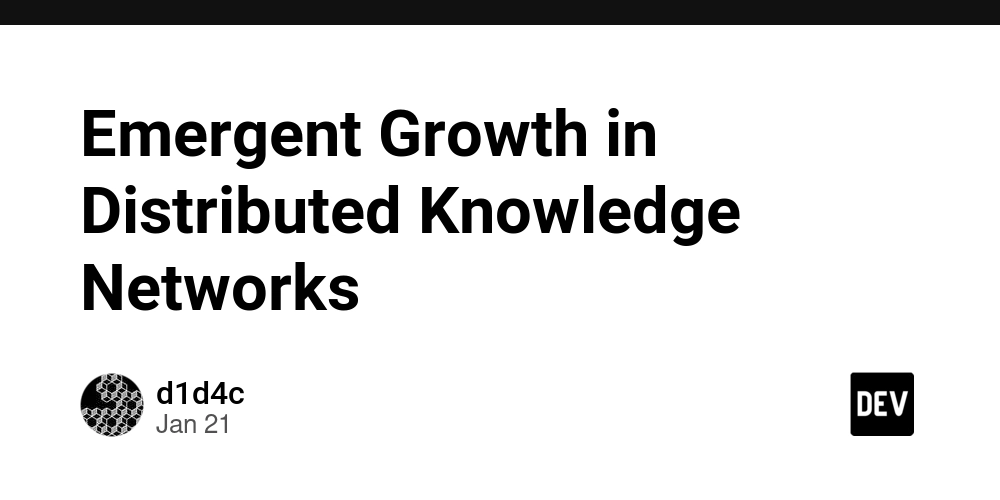Emergent Growth in Distributed Knowledge Networks
The expansion of knowledge in distributed systems exhibits remarkable patterns of organic development that transcend traditional models of linear accumulation. Unlike conventional approaches where knowledge growth is often planned and directed, distributed networks facilitate a form of emergent expansion that mirrors complex biological systems in their ability to adapt, evolve, and self-organize. At the heart of this emergent growth lies the dynamic interaction between network nodes. Knowledge expansion occurs not through predetermined pathways but through the countless spontaneous interactions between participants in the network. These interactions, while seemingly chaotic at the micro level, give rise to coherent patterns of knowledge development at larger scales. Each interaction between nodes creates potential for new understanding, much like the way neurons in the brain form new connections through repeated activation. The formation of new connections within the network follows patterns of actual usage rather than prescribed structures. As participants engage with different pieces of knowledge, they create pathways between previously unconnected concepts. These pathways strengthen or fade based on their utility to the network as a whole, creating an organic architecture that reflects genuine patterns of understanding rather than imposed taxonomies. This process of connection formation and reinforcement enables the network to develop increasingly sophisticated and nuanced representations of knowledge. One of the most fascinating aspects of emergent growth is the formation of knowledge clusters. These clusters materialize naturally around areas of shared interest or complementary expertise, creating dense networks of interconnected understanding. Unlike traditional academic departments or disciplines, these clusters are fluid and overlapping, allowing for rich cross-pollination of ideas and approaches. The boundaries between clusters remain permeable, facilitating the flow of insights and methodologies across different domains of knowledge. Innovation within this system propagates through a process of network diffusion that resembles the spread of beneficial adaptations in biological systems. When new insights or approaches emerge in one part of the network, they can rapidly disseminate to other nodes and clusters that find them valuable. This diffusion process is not uniform but follows patterns of relevance and utility, ensuring that innovations reach the parts of the network where they can have the most significant impact. Perhaps most remarkably, evolution within distributed knowledge networks occurs simultaneously at multiple scales. Individual nodes may develop new understanding or approaches, while clusters of nodes collectively evolve more sophisticated methodologies, and the network as a whole advances toward higher levels of complexity and capability. These multiple scales of evolution interact and reinforce each other, creating a dynamic system that can rapidly adapt to new challenges while maintaining stability in essential knowledge structures. This multi-scale evolution creates a form of collective intelligence that surpasses the capabilities of any individual node or cluster. The network develops emergent properties that could not have been predicted from its individual components, demonstrating how distributed systems can generate qualitatively new forms of understanding and capability through their collective operation. The implications of emergent growth extend far beyond theoretical interest. This understanding of how knowledge naturally expands and evolves in distributed networks provides crucial insights for designing systems that can effectively harness collective intelligence. By recognizing and working with these natural patterns of growth, we can create environments that optimize the emergence of new knowledge while maintaining the resilience and adaptability that characterize successful distributed systems.

The expansion of knowledge in distributed systems exhibits remarkable patterns of organic development that transcend traditional models of linear accumulation. Unlike conventional approaches where knowledge growth is often planned and directed, distributed networks facilitate a form of emergent expansion that mirrors complex biological systems in their ability to adapt, evolve, and self-organize.
At the heart of this emergent growth lies the dynamic interaction between network nodes. Knowledge expansion occurs not through predetermined pathways but through the countless spontaneous interactions between participants in the network. These interactions, while seemingly chaotic at the micro level, give rise to coherent patterns of knowledge development at larger scales. Each interaction between nodes creates potential for new understanding, much like the way neurons in the brain form new connections through repeated activation.
The formation of new connections within the network follows patterns of actual usage rather than prescribed structures. As participants engage with different pieces of knowledge, they create pathways between previously unconnected concepts. These pathways strengthen or fade based on their utility to the network as a whole, creating an organic architecture that reflects genuine patterns of understanding rather than imposed taxonomies. This process of connection formation and reinforcement enables the network to develop increasingly sophisticated and nuanced representations of knowledge.
One of the most fascinating aspects of emergent growth is the formation of knowledge clusters. These clusters materialize naturally around areas of shared interest or complementary expertise, creating dense networks of interconnected understanding. Unlike traditional academic departments or disciplines, these clusters are fluid and overlapping, allowing for rich cross-pollination of ideas and approaches. The boundaries between clusters remain permeable, facilitating the flow of insights and methodologies across different domains of knowledge.
Innovation within this system propagates through a process of network diffusion that resembles the spread of beneficial adaptations in biological systems. When new insights or approaches emerge in one part of the network, they can rapidly disseminate to other nodes and clusters that find them valuable. This diffusion process is not uniform but follows patterns of relevance and utility, ensuring that innovations reach the parts of the network where they can have the most significant impact.
Perhaps most remarkably, evolution within distributed knowledge networks occurs simultaneously at multiple scales. Individual nodes may develop new understanding or approaches, while clusters of nodes collectively evolve more sophisticated methodologies, and the network as a whole advances toward higher levels of complexity and capability. These multiple scales of evolution interact and reinforce each other, creating a dynamic system that can rapidly adapt to new challenges while maintaining stability in essential knowledge structures.
This multi-scale evolution creates a form of collective intelligence that surpasses the capabilities of any individual node or cluster. The network develops emergent properties that could not have been predicted from its individual components, demonstrating how distributed systems can generate qualitatively new forms of understanding and capability through their collective operation.
The implications of emergent growth extend far beyond theoretical interest. This understanding of how knowledge naturally expands and evolves in distributed networks provides crucial insights for designing systems that can effectively harness collective intelligence. By recognizing and working with these natural patterns of growth, we can create environments that optimize the emergence of new knowledge while maintaining the resilience and adaptability that characterize successful distributed systems.
What's Your Reaction?



























